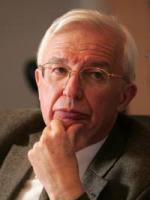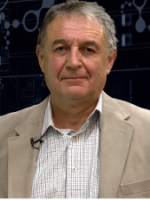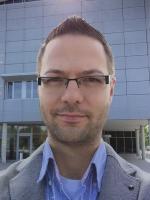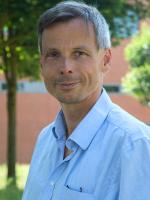Kharkiv Chemical Seminar
During russia's war against Ukraine, many Ukrainian scientists have no opportunity to carry out their research in laboratories and participate in scientific conferences. However, it is very important for them to get in touch with colleagues and to be involved in scientific processes. For this reason, we have organized online chemistry seminars for Ukrainian scientists - Kharkiv Chemical Seminar - and approach leading chemists to give lectures there.







